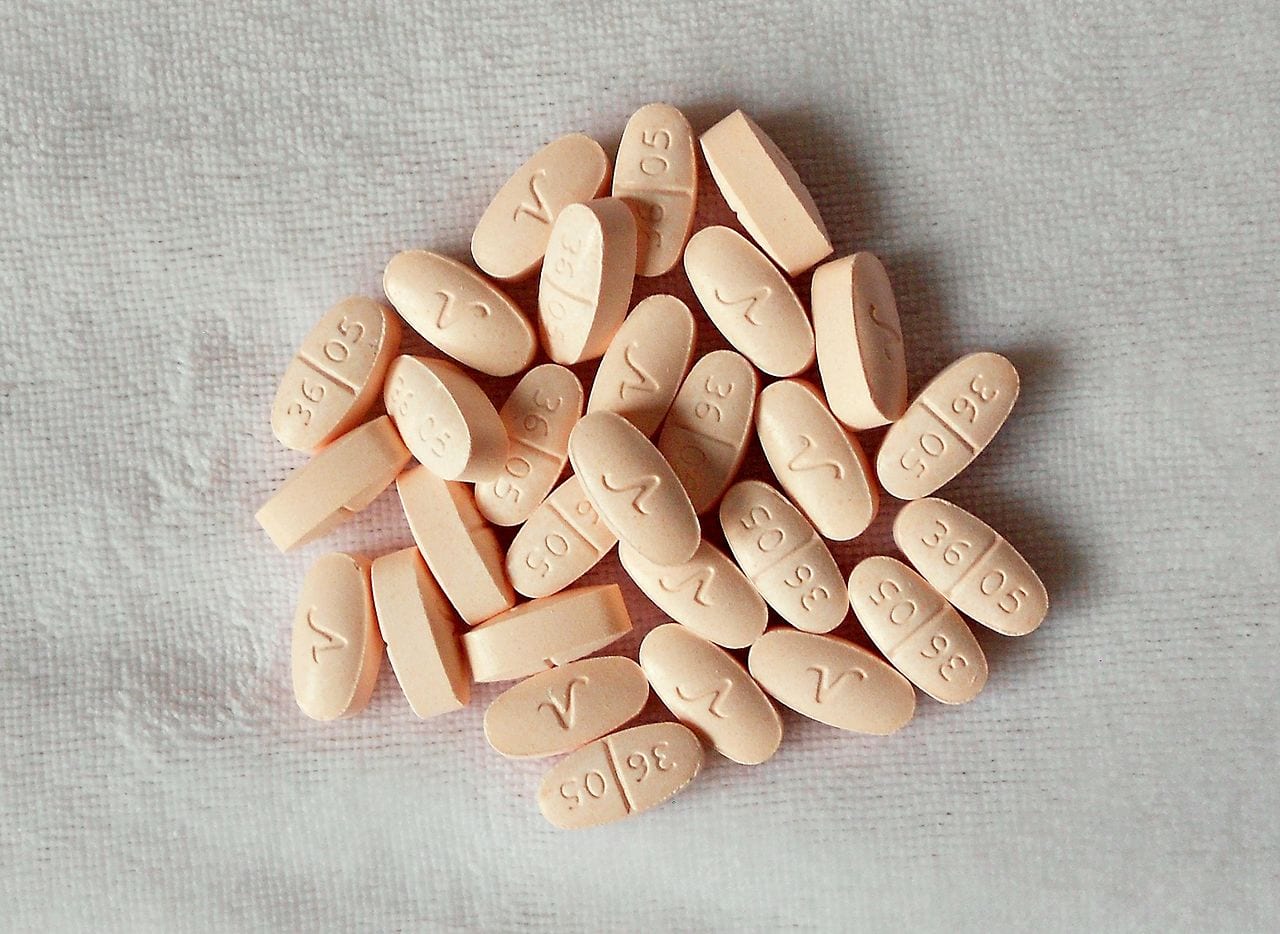Long-term tokers shouldn’t worry about increased reactions to pain down the road, according to new research.
Opioid-induced hyperalgesia is a condition associated with lower pain thresholds in people who use opioids over long periods of time.
While many people use cannabis for the treatment of chronic pain, studies researching pain sensitivity in chronic users had yet to be systematically examined.
This led doctoral student Michelle St. Pierre from the University of British Columbia Okanagan to study thresholds in frequent cannabis users and non-users. The results are published in The Clinical Journal of Pain.
“Recent years have seen an increase in the adoption of cannabinoid medicines, which have demonstrated effectiveness for the treatment of chronic pain,” she said in a statement Thursday. “However, the extent to which frequent cannabis use influences sensitivity to acute pain has not been systematically examined.”
Interest in the use of cannabinoids for chronic pain relief has accelerated over the past decade, St. Pierre explains, noting a recent survey of medical cannabis patients that showed more than half used cannabis to treat pain. That’s despite recent reviews suggesting the effectiveness of cannabinoid therapies for chronic pain is mixed, the statement reads.
Read more: ‘It actually works’: Vancouver study shares stories of youth choosing weed over harder drugs
The study should come as good news to patients already using cannabis to treat pain, says Zach Walsh, co-author and UBCO associate psychology professor.
“Increases in pain sensitivity with opioids can really complicate an already tough situation; given increasing uptake of cannabis-based pain medications it’s a relief that we didn’t identify a similar pattern with cannabinoids,” he said.
Walsh leads the UBC Therapeutic Recreational and Problematic Substance Use Lab which hosted the study.
For her study, St. Pierre recruited volunteers who use cannabis more than three times a week and people who don’t use it at all. Participants underwent a cold-pressor test, which involves submerging your hand and forearm in icy water while monitoring changes to vital signs. The researchers found no differences between the two groups.
They determined that weed use doesn’t carry the same risk for hyperalgesia that opioid use does, St. Pierre says.
“Our results suggest frequent cannabis use did not seem to be associated with elevated sensitivity to experimental pain in a manner that can occur in opioid therapy,” she says. “This is an important distinction that care providers and patients should consider when selecting options for pain management. These findings are particularly relevant in light of recent reports of opioid overprescribing and high rates of pain in the population, as it suggests that cannabis may not carry the same risk.”
Read more: Daily cannabis use could help battle overdose crisis: study
The researchers speculated there might be a reduced tolerance in cannabis users because weed and opioids share some of the same pain-relief pathways have both been associated with increases in pain sensitivities following acute use.
The risk of addiction, overdose and opioid-induced hyperalgesia are major issues when it comes to using opioids to manage chronic pain, St. Pierre says. A patient with hyperalgesia might then increase their dosage of the opioid to manage the pain, further increasing the risk of addiction.
Top image: A pile of hydrocodone tablets. Hydrocodone is a semi-synthetic, moderately potent, orally available opioid, according to the National Library of Medicine. Creative commons
nick@mugglehead.com
@nick_laba














